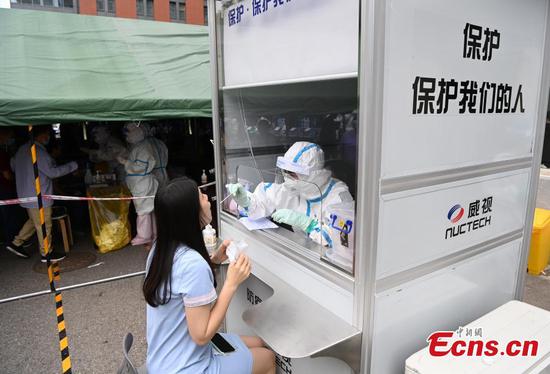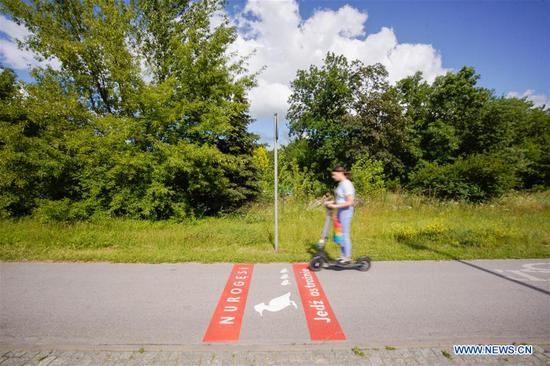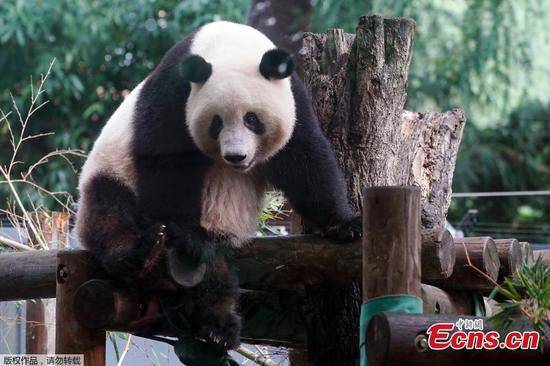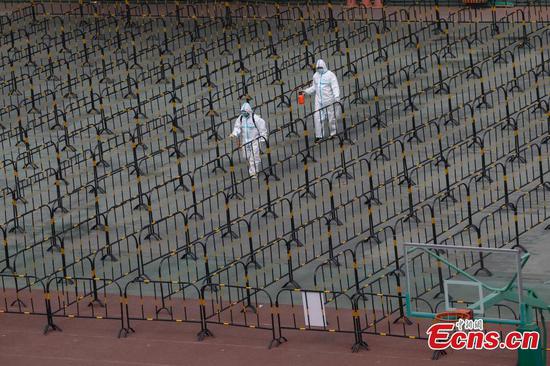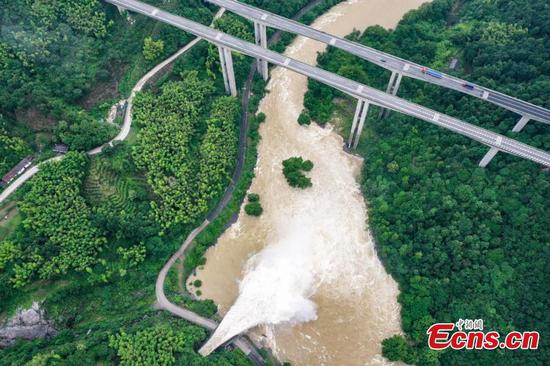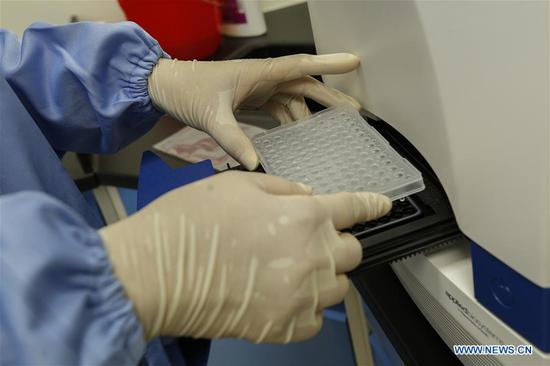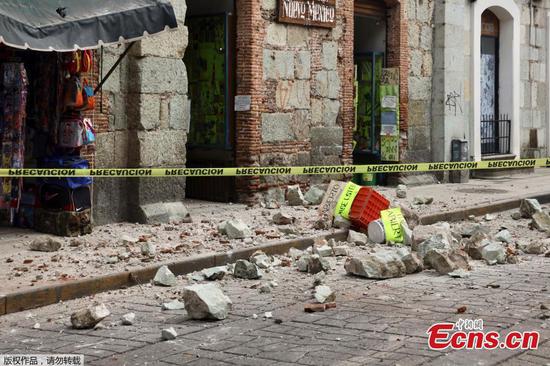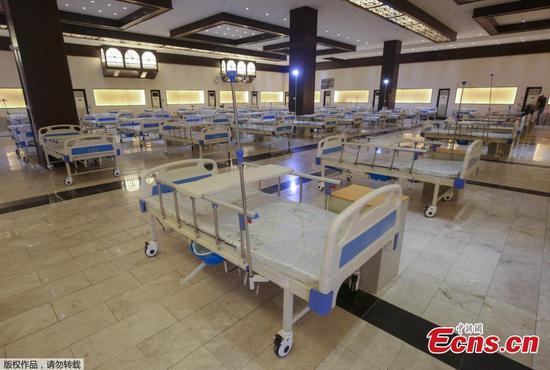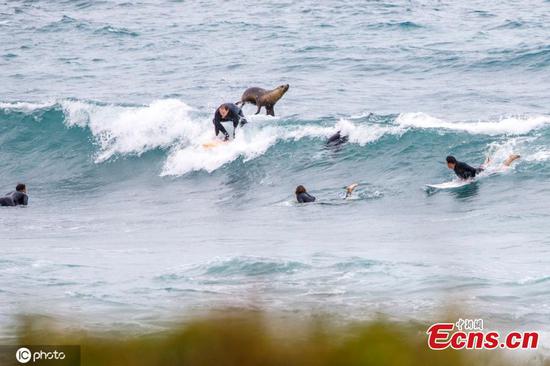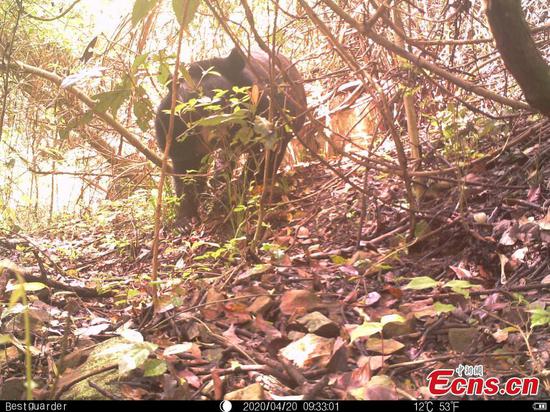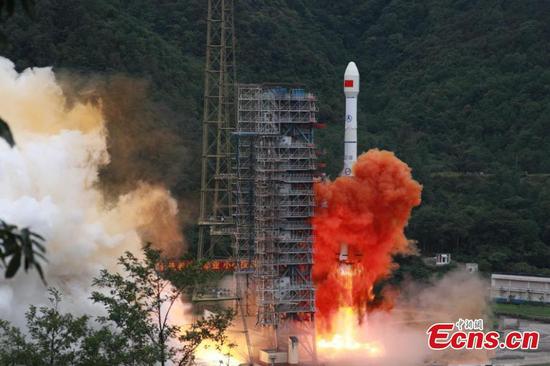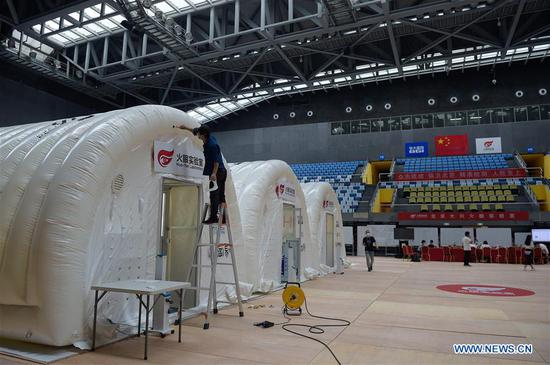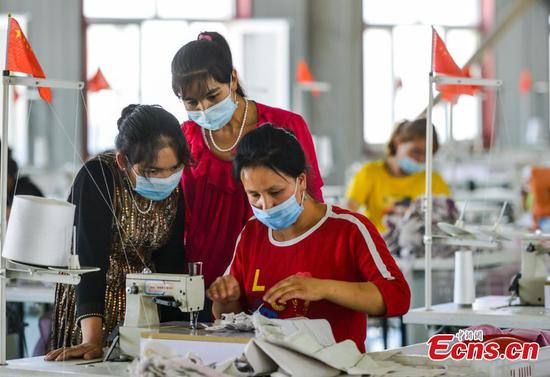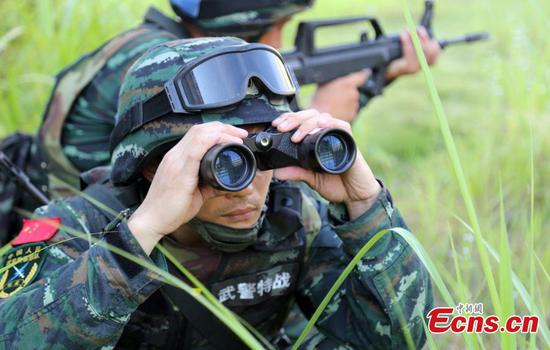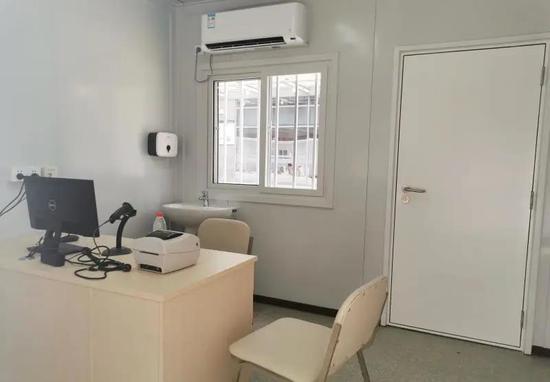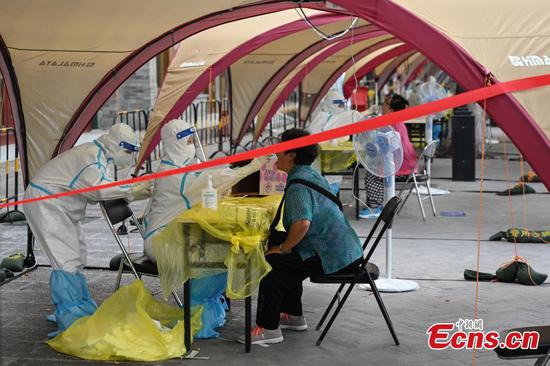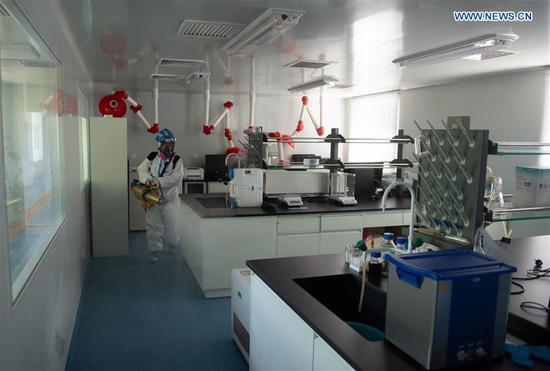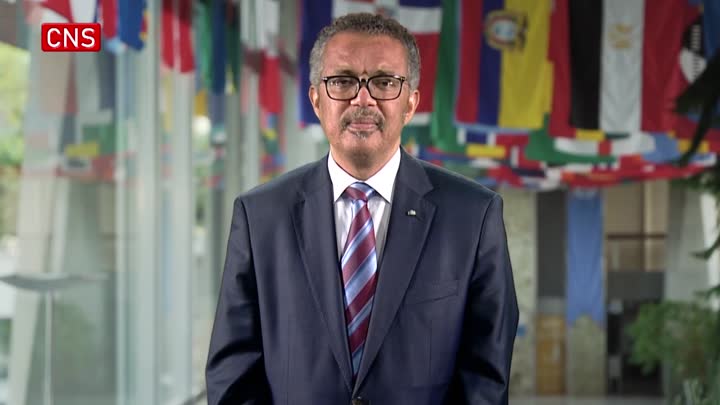The United Nations Children's Fund (UNICEF) has delivered critical life-saving supplies to over 100 countries hit by the COVID-19 pandemic, the organization said on Friday.
With support from its partners, UNICEF was able to meet some of the most pressing needs and keep children and communities safe, the organization said in a statement emailed to Xinhua.
"From supply shortages to transport constraints, COVID-19 has brought enormous challenges to our supply operations," said UNICEF Executive Director Henrietta Fore.
Despite disruptions, so far this year UNICEF has shipped key personal protective equipment (PPE) supplies to over 100 countries to support their response to the pandemic, including 7.5 million surgical masks, 2.8 million N95 respirators, nearly 10 million gloves, over 830,000 gowns, and nearly 600,000 face shields, according to the statement.
UNICEF also shipped over 550,000 diagnostic tests, with an additional 912,000 planned to be delivered through August, and is sending over 16,000 oxygen concentrators to 90 low- and middle-income countries, the agency said.
Limited availability of commercial flights has also taken a heavy toll on shipments of supplies for regular programs. From March to May in a typical year, UNICEF would have made more than 700 vaccine shipments to different countries. But during the same period in 2020, just over half that amount - 391 shipments - took place.
To address vaccine shipment challenges, UNICEF is appealing to governments, the private sector, the airline industry and others, to provide solutions for freight space at an affordable cost for life-saving vaccines.
UNICEF's COVID-19 response builds on a strong year for its supply operations in 2019.
"Our collaboration with national governments, partners and the private sector is vital to our efforts to reach children with the supplies they need," said Etleva Kadilli, Director of the UNICEF supply and procurement headquarters.
Through its global reach and innovative approaches, UNICEF leverages its purchasing power and achieves significant savings for governments and donors, according to Kadilli.
"As we work together to respond to the COVID-19 pandemic, this approach becomes even more important to maximize each dollar spent so that regular programs can be maintained, as countries also scale up COVID-19 response efforts, " he said.











